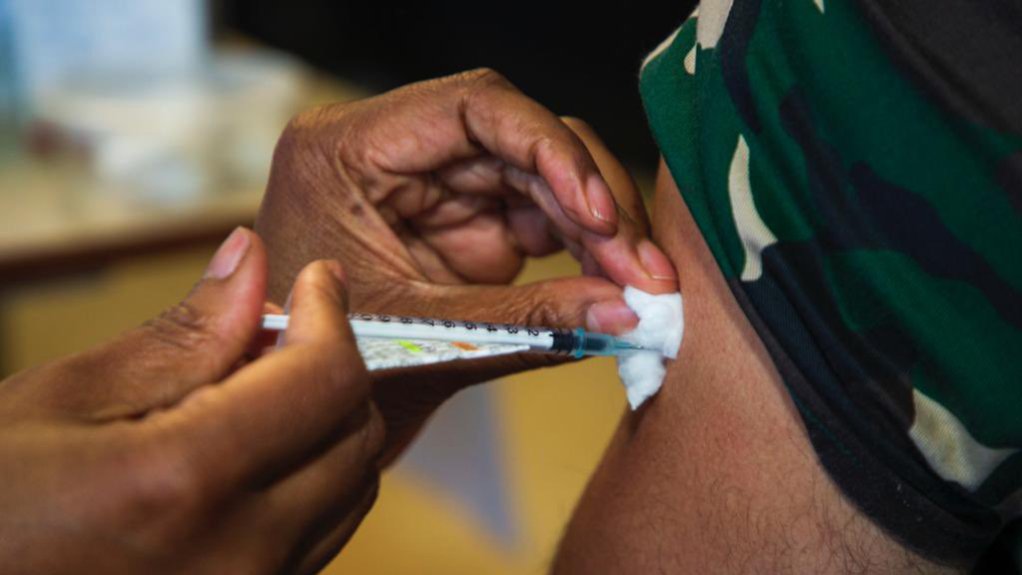The Department of Health (DoH) is embarking on a vaccination drive against mpox, targeting Gauteng, the Western Cape and KwaZulu-Natal, following a rise in laboratory-confirmed cases.
It said priority would be given to people at a higher risk of contracting the virus, including those who came into close contact with people who tested positive with mpox, people with multiple sexual partners and those travelling to areas with an outbreak of mpox.
Where indicated, vaccination will be offered to pregnant women and children older than two years, it said.
Two laboratory-confirmed cases have been recorded in Gauteng and the Western Cape, increasing the total cumulative number of confirmed cases to ten since the beginning of the year.
The department said the two new cases included a 32-year-old patient from Cape Town and a 45 year old from Johannesburg.
Both patients have no travel history, it noted.
The DoH received around 10 500 doses of the mpox vaccine, Imvanex, as a donation from the Africa Centres for Disease Control through the Access and Allocation Mechanism for Mpox.
The South African Health Products Regulatory Authority authorised the importation of the vaccine through a Section 21 process which covers the sale and use of medicines not yet registered in South Africa.
The DoH assured that Imvanex samples were tested by the National Control Laboratory to establish the vaccine’s safety and efficacy, prior to its release to the South African market.
Vaccination helps to control the spread of this preventable and manageable disease, with vaccinated individuals being protected from becoming infected and from developing severe complications, the DoH said.
Vaccination can be accessed at some public health facilities, travel clinics and a few private providers in the affected provinces.
The DoH urged members of the public to be extra vigilant of mpox symptoms, advising those who suspect that they are at risk of mpox infection to consult their nearest health facility or healthcare provider for screening and testing.
“As with any vaccine, some people may experience mild to moderate side effects after being vaccinated. This is a normal sign that the body is developing some level of immunity to prevent severity of the disease if infected,” the department said.
It highlighted that several countries including the Democratic Republic of Congo, Nigeria, Uganda, the US, Canada and European countries have used the mpox vaccine to control the spread of the disease.
Common side effects that might be experienced following immunisation include pain, redness, swelling and itching at the injection site; muscle pain; headache; nausea; and fever.
EMAIL THIS ARTICLE SAVE THIS ARTICLE ARTICLE ENQUIRY FEEDBACK
To subscribe email subscriptions@creamermedia.co.za or click here
To advertise email advertising@creamermedia.co.za or click here











